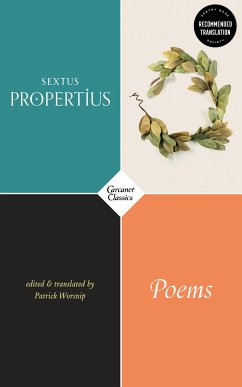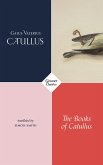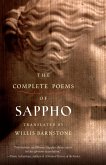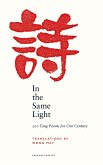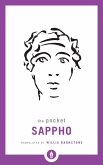Asked to name the great Latin love poets, today's reader is likely to offer Catullus, Ovid, Virgil, Horace. Propertius, a successor of the first and influential peer to the others, has not been blessed by posterity. Yet at their best his poems match any of the period. They are poems of love, of desire, of insecurity and obsession: of struggle, too, as they resist the Augustan Empire's attempts to turn its love poets into propagandists. The result is a highly refined irony, a subtlety of tone and humour that is unique. Patrick Worsnip's translations bring out Propertius' playfulness and his psychological acuity, reinstating his poems at the heart of Latin literature's golden age.
Dieser Download kann aus rechtlichen Gründen nur mit Rechnungsadresse in A, B, BG, CY, CZ, D, DK, EW, E, FIN, F, GR, H, IRL, I, LT, L, LR, M, NL, PL, P, R, S, SLO, SK ausgeliefert werden.

